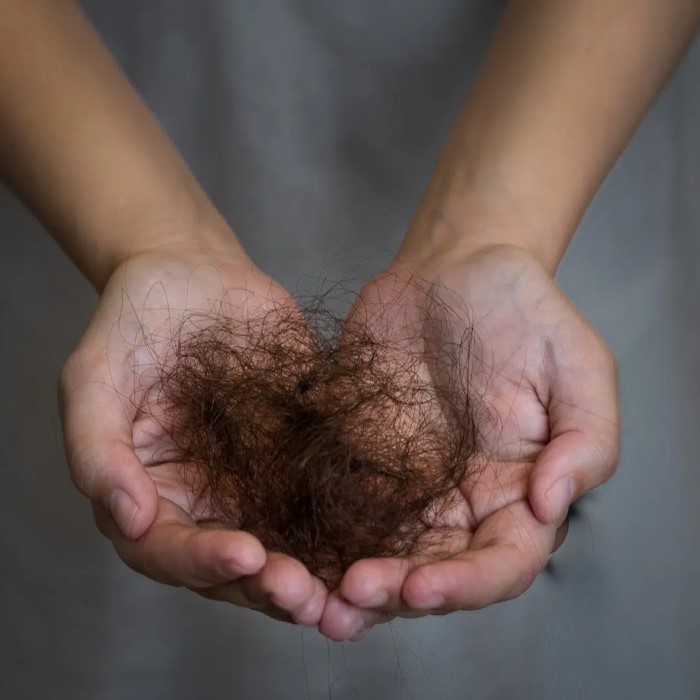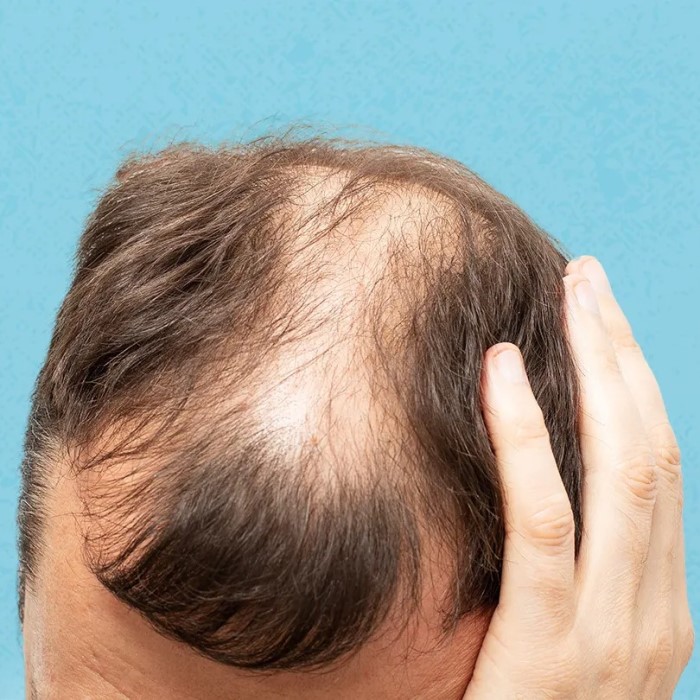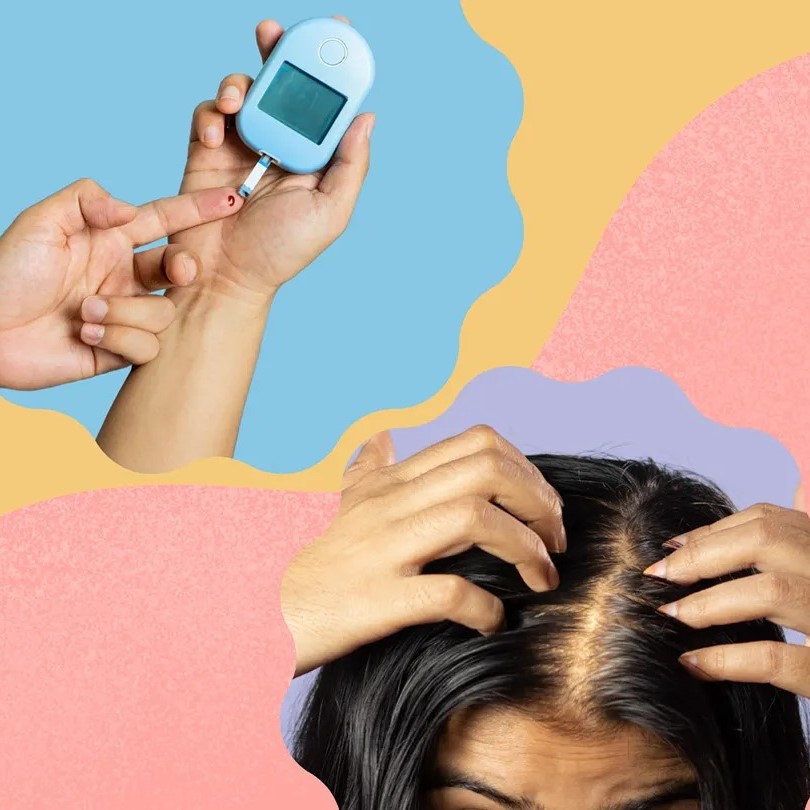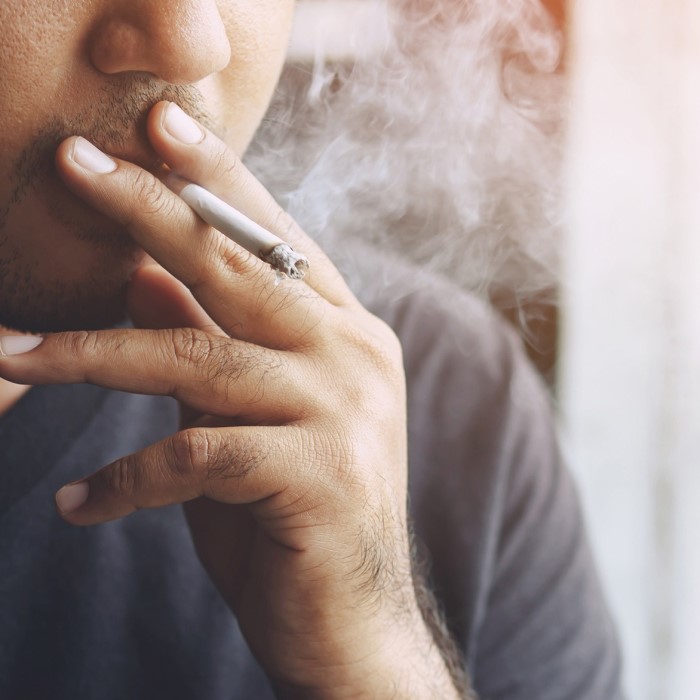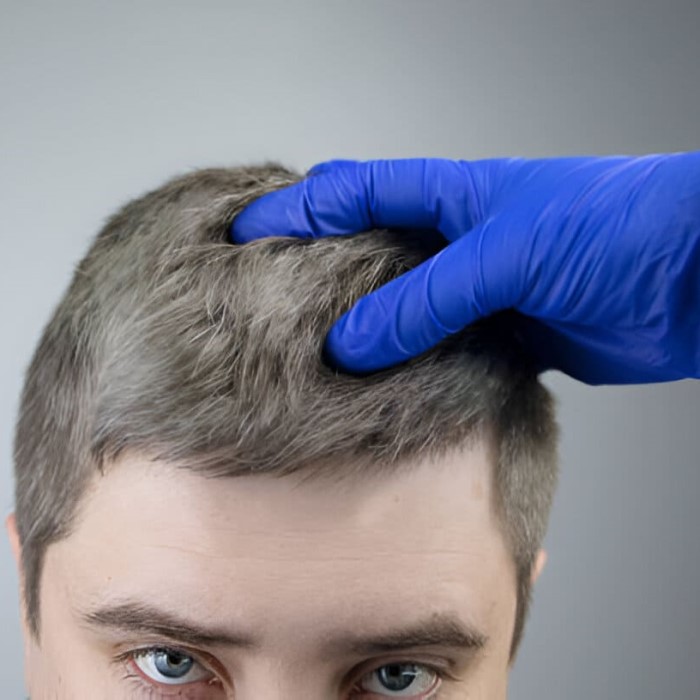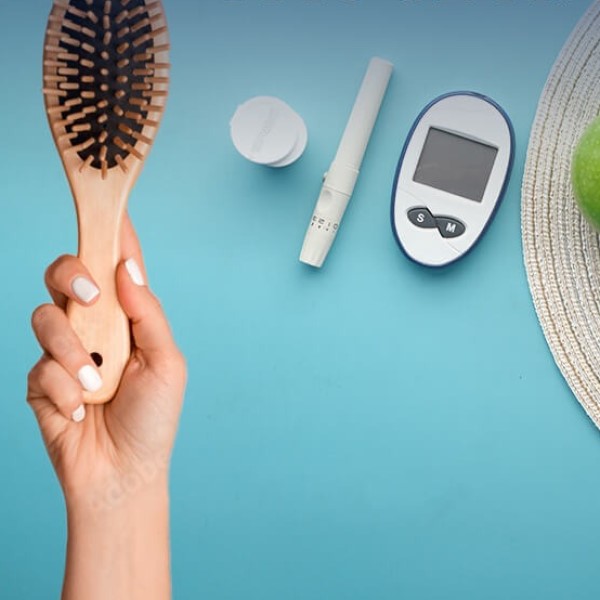
Does Diabetes Cause Hair Loss? Experts Weigh In for 2025
Introduction: The Connection Between Diabetes and Hair Loss
The interaction between diabetes and hair loss is an issue that many individuals grapple with. While it is common to associate diabetes primarily with blood sugar levels and systemic health, its impact on various bodily functions—including hair health—is significant. This leads us to the important question: does diabetes cause hair loss? Medical researchers and dermatologists are increasingly exploring this connection, revealing that diabetes can indeed influence hair health in various ways.

As we progress into 2025, a growing number of experts emphasize the need for awareness regarding diabetes and hair loss. Increased focus on this topic is essential for individuals managing diabetes, as effective treatment and prevention strategies can significantly enhance quality of life. This article will analyze the relationship between diabetes and hair loss, providing valuable insights for those affected.
Understanding Diabetes and Its Types
What is Diabetes?
Diabetes is a chronic condition that affects how the body processes blood sugar (glucose). It primarily arises from issues with insulin secretion or insulin sensitivity. There are mainly three types of diabetes:
- Type 1 Diabetes: This is an autoimmune condition where the immune system mistakenly attacks insulin-producing cells in the pancreas. Type 1 is typically diagnosed in children and young adults, and those with this condition require lifelong insulin therapy to manage their blood sugar levels.
- Type 2 Diabetes: This is more common and often linked to lifestyle factors such as obesity and physical inactivity. In Type 2 diabetes, the body becomes resistant to insulin, or the pancreas fails to produce enough insulin. This type can often be managed with lifestyle changes, oral medications, and sometimes insulin.
- Gestational Diabetes: This type occurs during pregnancy when the body cannot produce enough insulin. While it typically resolves after childbirth, it can increase the risk of developing Type 2 diabetes later in life.
Understanding these types is vital, as each may have different implications for hair health and management strategies.
Insulin and Hair Growth
Insulin plays a significant role in regulating various bodily functions, including hair growth. Healthy insulin levels are crucial for the nourishment of hair follicles. Conversely, when blood sugar is poorly controlled in individuals with diabetes, hormonal imbalances may occur that can adversely affect hair follicles.
- Hormonal Changes: When blood sugar levels remain high, it can lead to elevated insulin levels. This change may increase levels of androgens (male hormones) in both men and women, which have been implicated in hair thinning and loss.
- Nutritional Impact: Diabetes can lead to nutrient deficiencies that affect hair growth. For example, low levels of iron, vitamin D, and other critical nutrients often occur with ineffective glucose metabolism. These deficiencies can hinder the hair growth cycle.
Investigating the Connection: Does Diabetes Cause Hair Loss?
The Link Between Diabetes and Hair Loss
Does diabetes cause hair loss? Research indicates that there is a connection between diabetes and hair loss, primarily through the impact of the disease on blood circulation and hormonal balance. Here are key points to consider:
Telogen Effluvium
- Definition of Telogen Effluvium
Telogen effluvium is a temporary form of hair loss that occurs when a significant number of hair follicles enter the telogen, or resting phase, simultaneously. Under normal circumstances, this cycle has a natural balance; however, certain triggers can disrupt this equilibrium, causing excessive shedding. - Connection to Diabetes
Diabetes may lead to telogen effluvium due to hormonal imbalances and related stress. When blood sugar levels fluctuate or remain uncontrolled, your body reacts to this imbalance, which can impact hormone production. The resulting hormonal changes can trigger hair follicles to prematurely shift to the telogen phase. - Triggers for Telogen Effluvium
Several factors associated with diabetes can act as triggers for this condition:- Stress: Emotional or physical stress can significantly influence the hair growth cycle. Individuals managing diabetes may experience increased stress levels, which can exacerbate hair loss.
- Hormonal Changes: Fluctuations in insulin and other hormones related to diabetes can contribute to alterations in hair follicle behavior, prompting more hair to enter the resting phase.
- Poor Dietary Choices: Nutritional deficiencies caused by poor eating habits can also initiate telogen effluvium. Diet plays a crucial role in maintaining healthy hair, and imbalances can lead to hair loss.
- Symptoms and Appearance
Individuals experiencing telogen effluvium generally notice noticeable hair shedding. This shedding can occur in clumps or more uniformly across the scalp. While this condition may be alarming, it tends to be temporary, and hair can regrow once the triggers are addressed.
Scalp Conditions
- Increased Susceptibility in Diabetics
People with diabetes are at a heightened risk of developing scalp infections and various conditions that can negatively impact hair health. The body’s ability to heal from infections can be compromised in individuals with diabetes, making them more vulnerable. - Common Scalp Conditions
Several scalp conditions that are more prevalent in individuals with diabetes include:- Dandruff: This common condition manifests as flaky skin on the scalp. It can lead to itching and irritation and may even contribute to hair loss if not addressed.
- Fungal Infections: Conditions such as ringworm (tinea capitis) can be more common in individuals with diabetes. These infections thrive in warm and moist environments and can cause inflammation, further disrupting hair growth.
- Impact on Hair Growth
The presence of scalp conditions can create an unsuitable environment for healthy hair growth. Inflammation caused by infections or irritants can inhibit hair follicles’ ability to renew hair, leading to thinning or patchy areas over time. - Treatment and Management
Addressing scalp conditions in individuals with diabetes requires a proactive approach:- Topical Treatments: Anti-fungal or medicated shampoos can help manage as well as treat conditions like dandruff and fungal infections.
- Regular Scalp Care: Maintaining a clean and healthy scalp through regular washing can reduce the risk of infections and promote better hair health.
Circulation Issues
- Understanding Poor Circulation
Poor circulation is a common complication that arises from diabetes, primarily due to damaged blood vessels and nerves. This decreased blood flow can affect various parts of the body, including the scalp and hair follicles. - Effects on Nutrient Delivery
Proper circulation is essential for delivering vital nutrients and oxygen to hair follicles. Hair follicles require adequate blood flow to obtain the nutrients necessary for growth, strength, and overall health. When circulation is compromised, hair follicles may not receive the sustenance they need, leading to hair thinning or loss. - Relation to Hair Growth
Reduced blood supply can inhibit the hair growth cycle, making it more difficult for hair to reach its full potential. The hair growth cycle requires reliable nutrient access to sustain each phase, and poor circulation directly threatens this process. - Improving Circulation
Enhancing circulation is crucial for those with diabetes:- Physical Activity: Regular exercise can help improve overall circulation and vascular health. Engaging in physical activities can stimulate blood flow to the scalp.
- Dietary Adjustments: Consuming a diet rich in antioxidants and omega-3 fatty acids may also promote better blood flow. Foods like fatty fish, nuts, and leafy greens are beneficial for vascular health.
- Avoiding Smoking: Smoking can exacerbate circulation problems. Quitting smoking can lead to improved blood flow throughout the body, including the scalp.
Expert Opinions and Research
Experts in dermatology and endocrinology are increasingly studying the implications of diabetes on hair health. They emphasize that while diabetes can contribute to hair loss, it is essential to manage underlying conditions effectively.
- Holistic Viewpoint: Many healthcare professionals advocate for a holistic approach to diabetes management, focusing not only on blood sugar control but also on nutritional balance and emotional well-being. Such considerations can lead to improved hair health.
- Clinical Insights: Dermatologists report that noticing changes in hair density or quality can be crucial for early diabetes detection. Individuals should consult healthcare providers when they observe significant hair-washing issues, as these could indicate underlying health issues.
Addressing Common Concerns and Myths
Does Hair Loss from Diabetes Grow Back?
After experiencing hair loss associated with diabetes, many individuals ponder the possibility of regrowth. The answer to this question varies and is dependent on several factors:
- Duration of Hair Loss: If hair loss is identified and treated early, regrowth is often possible. The longer you wait without addressing the issue, the more challenging it may become to restore hair.
- Quality of Diabetes Management: Consistently managing your diabetes and keeping blood sugar levels stable can improve the conditions for hair growth. Addressing these underlying issues is crucial for promoting hair regrowth.
- Individual Response: Each individual responds differently to treatment. Factors such as genetics, age, and overall health can influence the potential for hair regrowth.
What is the Best Treatment for Hair Loss?
Finding the right treatment for hair loss linked to diabetes involves several considerations. Here are some effective options to explore:
- Topical Minoxidil: This over-the-counter treatment is often effective for various forms of hair loss. It stimulates hair follicles and promotes hair growth by improving blood circulation.
- Nutritional Supplements: Addressing potential nutrient deficiencies can be instrumental for hair health. Consider supplements that provide biotin, iron, zinc, and other essential vitamins.
- Prescription Medications: In some cases, healthcare providers may prescribe specific medications to balance hormone levels, particularly if elevated androgens are contributing to hair thinning.
What Does Diabetes Hair Loss Look Like?
Individuals experiencing hair loss associated with diabetes may notice specific signs and patterns, such as:
- Thinning Hair: A generalized thinning across the scalp, often most noticeable at the crown or part lines.
- Increased Shedding: You may experience a noticeable increase in hair falling out when brushing or washing your hair. If the volume of shedding becomes excessive, it can indicate an underlying issue.
- Uneven Patches: While less common, conditions like alopecia areata can manifest as patchy hair loss. Stress from diabetes may exacerbate these conditions.
What Diabetic Medications Cause Hair Loss?
Understanding the side effects of diabetic medications is crucial. Some prescribed treatments may contribute to hair loss:
- Metformin: This medication is commonly used to manage Type 2 diabetes. Some users report thinning hair, although the evidence is primarily anecdotal. Further research is needed to establish a clear link.
- Hormonal Medications: Certain medications affecting hormone levels may also lead to hair loss. Discussing concerns with healthcare providers when starting new treatments is crucial for managing side effects.
- Tight Blood Sugar Control: Effective management of blood sugar levels can sometimes mitigate or prevent medication-related hair loss. Continuous monitoring and communication with healthcare providers are essential steps.
In conclusion, understanding the question does diabetes cause hair loss requires a nuanced perspective. The relationship between diabetes and hair loss encompasses multiple factors, including hormonal changes, nutrient deficiencies, and medication side effects. However, with effective management of diabetes, many individuals can minimize the potential for hair loss and promote healthier hair.
For those experiencing hair loss linked to diabetes, consulting healthcare professionals can provide tailored guidance. By exploring various treatment options, implementing nutritious practices, and adopting a holistic approach, you can significantly improve your hair health. It is essential to remember that addressing the root causes of the issue will benefit your overall well-being and quality of life.
In 2025, awareness around the implications of diabetes on hair health will continue to evolve. As research expands, individuals should prioritize both their diabetes management and hair care to foster good health practices. Embracing this proactive approach will empower you to take charge of your health and enhance your overall quality of life.
